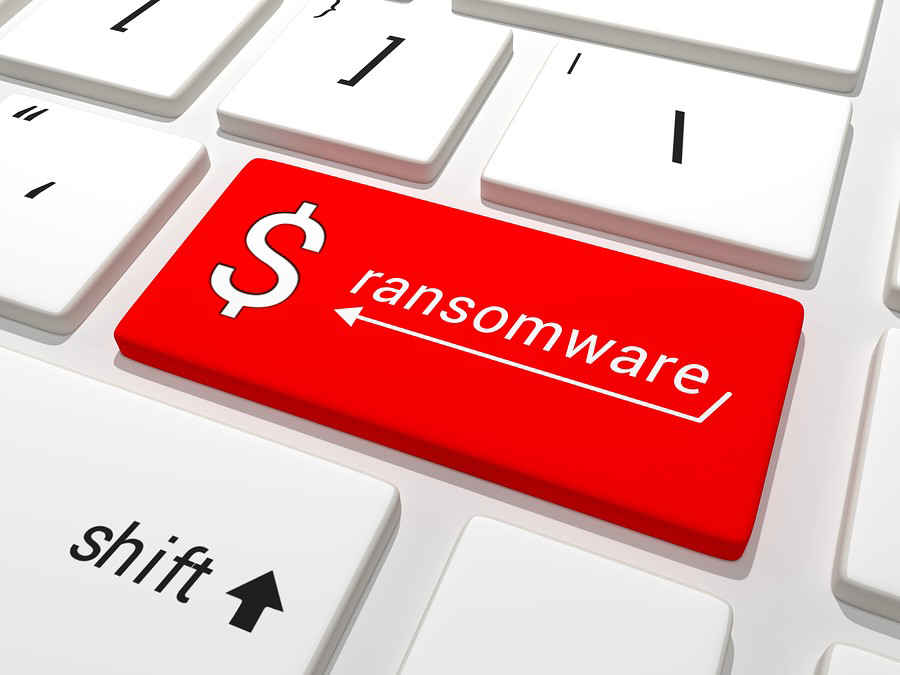Ransomware attacks are now one of the most popular cyber-attacks and will continue to threaten individuals, along with organizations small and large. Ransomware uses encryption to lock a victim’s files and hold them hostage until they pay the attackers demand—usually in bitcoin. Ransomware has made it into the spotlight for a number of reasons:
- Easily available and free attack tools through Windows
- Anonymous ransom payments using bitcoin
- Sheer public lack of security awareness
The following is a guide on the best defense practices against ransomware attacks:
Malware in Phishing Emails:
One common attack vector for malware is phishing emails that have malicious attachments or links in the email. If the user opens the attachment in the phishing email and it runs, malware is usually installed on the computer, allowing the attacker to encrypt the user’s files.
- Do not open attachments included in unsolicited emails.
- Use anti-virus and ensure the software is up-to-date
Fake Update Ads for Adobe and Java:
Many users have at least one Adobe or Java product installed on their computer. So attackers know it’s common for users to update these software products. Attackers will create fake advertisements claiming to have an update for an Adobe or Java products, enticing users to download their malicious software.
- If you have to download software, always verify the website’s reputation before downloading.
Downloads from Infected Websites:
The other common technique attackers use to distribute ransomware is through websites they have infected or fake websites they have created. Attackers will entice victims to visit the infected website—i.e. phishing emails—and run their malware once the victim downloads infected software from the website.
- Block pop-ups on your browser to prevent fake update ads.
- Use virtual browsing sessions whenever possible, so everything is deleted—including malware—when the session is closed.
- Do not follow unsolicited links in emails.
Talking Points
- Remind employees that data security is a team effort. Every player counts and participation is needed to maintain a good security posture.
- Remind employees that malware attacks are a real threat and every person and organization is at risk of being a target.
- Remind employees of the best ways to stay safe and secure. Use IT best practices to show how employees can play their part in protecting your organization.
Vanguard Title protects customers from real property title defects and forgeries by providing accurate real estate data, quality escrow services, and insurance against losses. Contact us today at any of our locations – Auburn Hills (248) 751-1000, Brighton (810) 225-8461, or Dearborn (313) 581-9663.

